Mar 28, 2024
In 2019 Bees Abroad formalized a working relationship with Slow Food International around collaborative working in Nigeria. This relationship recognised the shared aims between the two organisations in particular around sustainable production that builds capacity to enable local people to improve livelihoods and, conserve the local environment.
About Slow Food and agriculture in Nigeria
The Slow Food movement started in Italy in the 1980s following the protest of the opening of the fast-food restaurant and a desire to save local food traditions and taste. Since then, the movement has gone global.
Agriculture is historically an important part of Nigeria’s economy. Up to the 1960s it was the main contributor to GDP. Although oil and gas has displaced its macro-economic importance, agriculture it’s still a major part of the economy and honey is being touted by some as a $10m export opportunity.
Around 70% of the population of Nigeria grow some kind of crop. Nigeria has an arable land area of roughly 36.9 million hectares, to put that into perspective, the total area of the UK is 24.5 million hectares. Farming is still dominated by smallholders with 80% of farmers being small holders, the same is true for beekeepers. Before the 1970s agriculture was taught in schools although it was dropped from formal education for a long time, it is increasingly being added back into the curriculum. Slow Food Nigeria are working to make guidance on sustainable small scale healthy food production widely available and Slow Food and Bees Abroad beekeeping communities are working to integrate sustainable beekeeping into the training and resources available to communities.
Slow Food has an initiative called 1000 Gardens for Africa (see video for more on this), in Nigeria they have a version for schools – the Slow Food School Garden Network which aims to reconnect youth with their food by teaching them how to grow, cook and enjoy real food. Through increased confidence, knowledge gain and skill building, the aim is to empower children to become active participants in their food choices. With the support of Bees Abroad, Slow Food Nigeria are adding beekeeping to this initiative to take beekeeping in to schools.

Slow Food Beekeeping communities in Nigeria
Signing up as a Slow Food Beekeeping community shows a deep commitment to supporting and enabling sustainable beekeeping practices. We gave an overview of the environmental side of Bees Abroad’s approach to sustainability in our last blog. Being a Slow Food Beekeeping community means not only producing high-quality unadulterated honey and integrating good practice but advocating the approach with others too.
The formalised relationship between Bees Abroad and Slow Food that came about in 2019 meant that members of the Bees Abroad beekeeping network in Nigeria could register as beekeeping communities with Slow Food. Beekeeping communities registered with Slow Food International commit to the Slow Food priorities on (bio)diversity, education and advocacy as applied to beekeeping. Communities sign up to this commitment because they believe in the cause, often because they themselves have seen the benefit to not just their livelihoods and quality of produce but for the local environment too.
One of the practises that Slow Food Beekeeping communities commit to is to act as a central coordinator and resource centre on information around sustainable beekeeping practises. These resource centres provide information on the conservation of the local environment, the advantages of bee pollination as natural way to increase crop yield, the dangers of inappropriate pesticide use and benefits of quality honey.
This is coordinated by Bees Abroad Nigeria team members, one of whom is Mr Elijah Asade.

Mr Asade – Slow Food Beekeeping advocate
The relationship between Slow Food and Bees Abroad is unique to our work in Nigeria and is driven by the communities and individuals we work with there.
Mr Elijah Asade is one of these individuals. Mr Asade is a graduate of Agricultural Education from the University of Ilorin, Nigeria. As a student he practiced beekeeping, building on knowledge gained of traditional beekeeping from his maternal Grandfather using locally produced pot-hives commonly used among the Ketu Indigenous People in Nigeria. In 2019 the Abotokio Agro Village Farmers Association, a group that Mr Asade is spokesperson for, received beekeeping training from Bees Abroad.
Mr Asade is the leader of the Advocacy thematic for Slow Food in Nigeria. Following the training he formerly registered his farmers association with Slow Food as ‘Abotokio Slow Food Beekeeping Community’. Mr Asade is a passionate advocate of Slow Food Beekeeping principles and practices and since 2019 he has supported eight beekeeping groups to register as Slow Food Beekeeping communities and extended his scope to Slow Food School Garden and Apiary Initiative for curriculum enrichment among the secondary schools in Ogun West.
Mr Asade has also taken his work on Slow Food Beekeeping international. In 2022 as part of his role as Advocacy leader for Slow Food Nigeria, Mr Asade participated in the Slow Food International conference. He shared how Slow Food communities in Nigeria, with the support of Bees Abroad, are using beekeeping as an advocacy tool. The presentation was on public display at the Activism Square in Terra Madre, Italy.
Success in Bees Abroad Slow Food Beekeeping communities
Bees Broad and Slow Food Nigeria’s partnership has been a successful one. In the four years since the formalisation of the relationship there have been some remarkable achievements.These achievements include:
The inclusion of slow food principles and sustainable beekeeping in school curricula of eight local schools;
Securing a royal patron, Kabiyesi (traditional ruler), for the Abotokio slow food beekeeping community;
Working with the local government to incorporate slow food ideologies into the local economic well-being plan and;
the registration of eight new Slow Food Beekeeping communities since 2019.
We asked Mr Asade what the future priorities are for Slow Food and beekeeping in Nigeria. His response shows that Slow Food and Bees Abroad beekeeping communities are ambitious with their aims. They have some big topics to tackle including biosecurity and bee health management, crop pollination services, climate change mitigation, products packaging and branding and certification by the regulatory agencies.

Slow Bee Advocacy on Curriculum Enrichment for the Secondary School Teachers organized by Abotokio Slow Food Beekeeping Community Abotokio NIGERIA at Owode Secondary School Owode Yewa Ogun State Nigeria on Thursday, 22nd December, 2022 led by Asade Elijah
Slow Food, Slow Beekeeping - live event coming soon!
This story is part of our Food, Sustainability and Social Justice campaign. Join us on the 18th of April at 18:00 for a live online event with the Bees Abroad Nigeria team to hear more about their work on Slow Food and sustainable beekeeping, including remarkable stories from projects such as the Emerald Forest.
The event is part of the Green Match fund campaign, we are aiming to raise £5,000 in donations to support projects in Nigeria, Ghana, Uganda and Sierra Leone. You can find out more about what we aim to do with the funds in each of the countries on our campaign page.Get your ticket for the Slow Food, Slow Beekeeping event.














